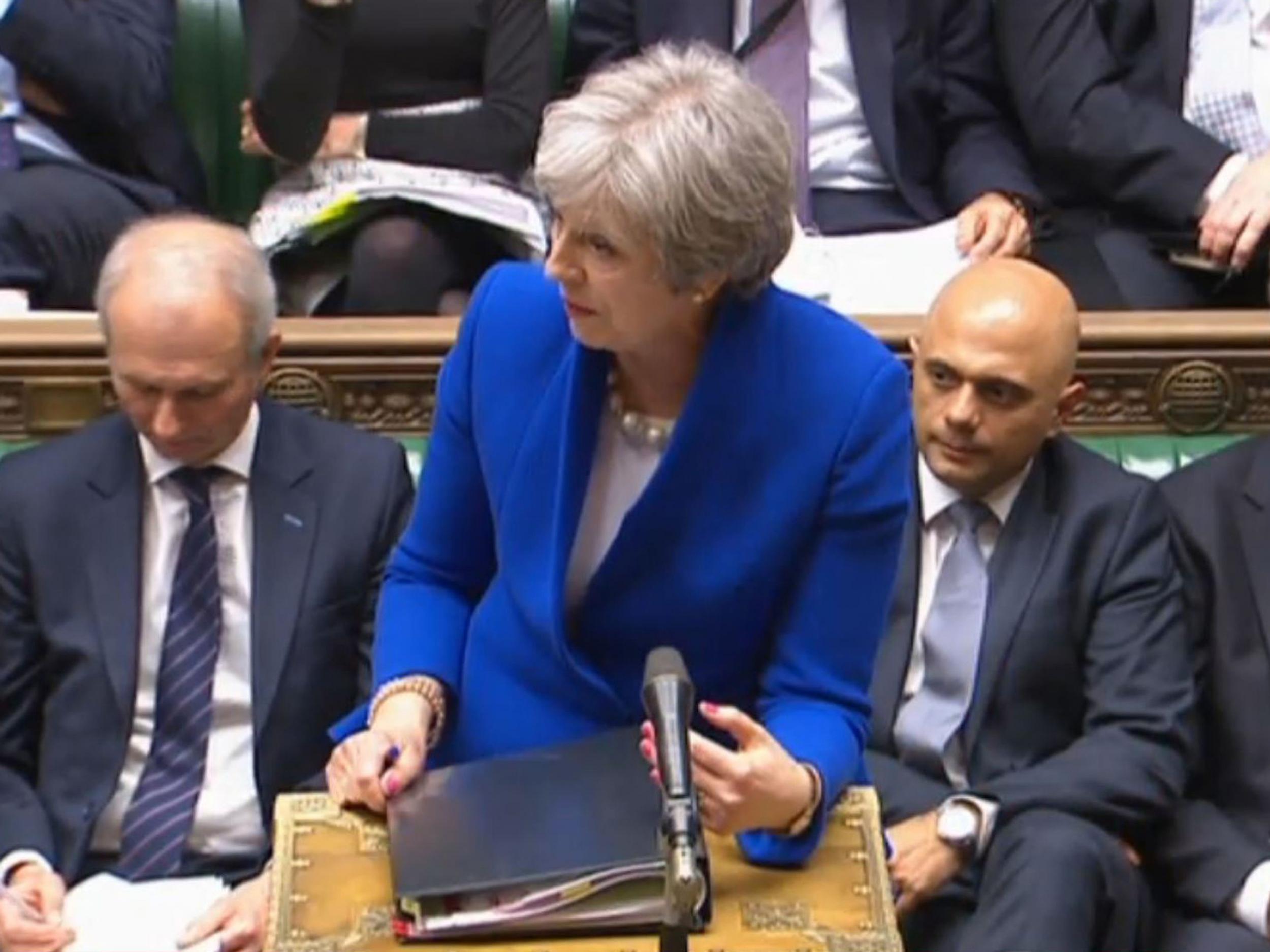Your support helps us to tell the story
From reproductive rights to climate change to Big Tech, The Independent is on the ground when the story is developing. Whether it's investigating the financials of Elon Musk's pro-Trump PAC or producing our latest documentary, 'The A Word', which shines a light on the American women fighting for reproductive rights, we know how important it is to parse out the facts from the messaging.
At such a critical moment in US history, we need reporters on the ground. Your donation allows us to keep sending journalists to speak to both sides of the story.
The Independent is trusted by Americans across the entire political spectrum. And unlike many other quality news outlets, we choose not to lock Americans out of our reporting and analysis with paywalls. We believe quality journalism should be available to everyone, paid for by those who can afford it.
Your support makes all the difference.Britain could keep frictionless trade with the European Union after Brexit through a combination of both membership of the European Economic Area and a customs union with the EU, Brussels’ chief negotiator has said.
Michel Barnier said on Tuesday in a meeting with MEPs at the European Parliament that the European Economic Area (EEA) with a customs union was a possible model for a future relationship, and that the two were not incompatible.
Mr Barnier's intimation comes as MPs in Westminster get set to vote on an amendment on Wednesday whether to stay in the EEA, or “Norway option”, after Brexit – with rebels from both Labour and the Conservatives expected to back the change in Brexit course.
Molly Scott Cato, a British Green Party MEP, said Mr Barnier “confirmed to me personally that EEA membership together with customs union is a possible model”.
A source close to Mr Barnier confirmed to The Independent that the negotiator had told the MEP that the two positions were compatible, and that details could be worked out.
As currently constituted, the EEA is only open to members of the EU or members of the European Free Trade Association (EFTA). But EFTA has a coordinated customs policy of its own, meaning also joining both it and maintaining a customs union with the EU could prove difficult. The EEA agreement as it stands would likely need some form of renegotiation to make it compatible with a customs union.
The current agreement also does not cover VAT or agriculture, the latter of which would be particularly important to prevent a hard border in Northern Ireland.
Labour, which wants to stay in a customs union with the EU, has ruled out voting for the EEA amendment partly on that basis. The party has said it wants to retain access to the single market but has suggested it would try to negotiate changes to freedom of movement and state aid rules, as well as a say in how rules are drawn up.
The government is refusing to vote for the amendment and is instead seeking a “bespoke deal” without freedom of movement, membership of the single market or membership of a customs union. It has not settled on a final customs proposal, with two options, both already rejected by the EU, under consideration by the cabinet.
Mr Barnier has in the past repeatedly said that the UK would have to stay in the single market and a customs union in order to have frictionless trade with the EU after Brexit. But there has been little public detail so far on how this would be achieved. In July he said that “the regime of the European Economic Area for Norway, for Iceland, for Liechtenstein still entails a system of procedures and customs controls” and that “only the combination of the internal market and the customs union guarantees the free movement of goods”.

Single market membership removes the need for regulatory checks on products arriving in ports, while the customs union removes the need for checks on rules of origin and customs duties.
Some Brexiteers say staying in a customs union with the EU is not a good idea because it means the UK would not be able to sign its own trade deals with other countries. Those that oppose single market membership say the UK would be bound by rules that it had little say in making. Critics of those positions insist that as a large bloc the EU can obtain better trade deals than the UK on its own, and that British businesses would have to follow single market rules anyway if they wanted to export to their nearest major market.
“It was clear to me after discussing with Mr Barnier that there is no inherent contradiction between the Lords’ EEA amendment and Labour’s policy of staying in a customs union,” Ms Scott Cato told The Independent.
“This will come as a relief to many Labour MPs who have supported the policy of a Brexit that protects jobs. This can only be achieved by keeping the UK in the single market and a customs union.
“If there is anything blocking this model for our future relationship it is red lines drawn up in the UK, and specifically Labour’s manifesto commitment to end freedom of movement.”

Join our commenting forum
Join thought-provoking conversations, follow other Independent readers and see their replies
Comments